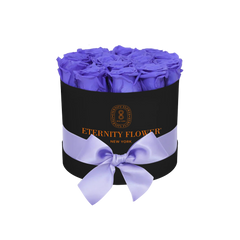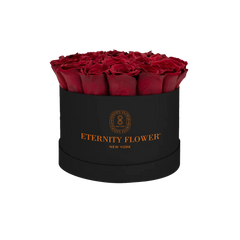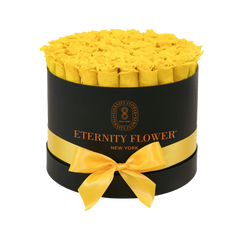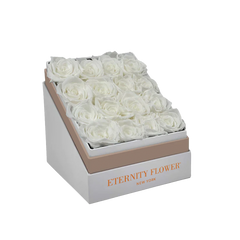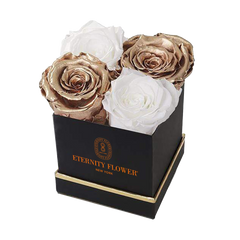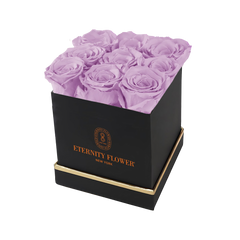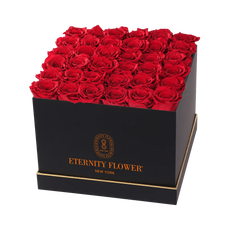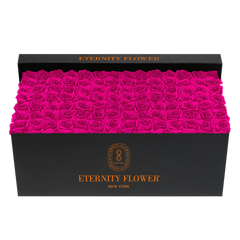Carnations, scientifically known as Dianthus caryophyllus, are among the most iconic and culturally significant flowers in the world. The meanings associated with carnations have evolved over time and can vary based on their color and the specific cultural or historical context.
Carnation Meaning

General Symbolism
Carnations are often associated with love, admiration, and distinction. The flower's name is believed to derive from the Latin "coronation" because it was used in Greek ceremonial crowns, suggesting a theme of nobility and celebration.
Color-based Symbolism
Red Carnations: A deep love and admiration.
White Carnations: Purity, luck, and innocence.
Pink Carnations: Gratitude and motherly love.
Purple Carnations: Capriciousness or unpredictability.
Yellow Carnations: Disappointment or rejection.
Historical and Cultural Symbolism
In many cultures, carnations are used as a symbol of love, especially eternal or undying love. They are also used to commemorate specific occasions, such as Mother's Day, wherein pink carnations are especially popular.
Read More: Daisy Flower Meaning in Different Cultures
Uses for Carnations

Floral Arrangements & Bouquets: Due to their beauty and wide variety of colors, carnations are popular choices for bouquets and other floral arrangements.
Ceremonial & Commemorative Events: Given their rich symbolism, carnations often play a role in ceremonies, from weddings to funerals.
Gifts: On occasions like Mother's Day, Valentine's Day, or anniversaries, carnations are often given as tokens of appreciation and love.
Cultural Events: In some countries and traditions, carnations hold specific cultural significance and are thus used in annual celebrations or ceremonies.
Medicinal Purposes: Historically, carnations were used in some cultures for their purported medicinal properties, though this is less common today.
Garnish and Edible Purposes: Some parts of the carnation plant, especially the petals, are edible and can be used in cooking, garnishes, or even as components in certain alcoholic beverages.
Read More: Lily Flower Meaning: Spiritual Insights and Symbolism
The Origin and Evolution of the Carnation

Carnations have roots tracing back to ancient Roman and Greek times, where they were used in ceremonial crowns and hailed for their splendid aesthetics. Some legends suggest the flower’s name came from "coronation" due to its prominent role in these ceremonies.
Over centuries, the carnation traveled across continents, with each culture infusing its unique symbolism and significance into the flower. As its popularity grew, so did its integration into various aspects of art, literature, and daily life, cementing its position as a universally cherished bloom.
The evolution of the carnation is equally fascinating. From its wild form, countless cultivars have emerged, each carrying its distinct hue, size, and pattern. This diversification is not just a testament to its adaptability but also human admiration for its beauty, leading to extensive cultivation and experimentation.
Read More: Lotus Flower Meaning: A Guide to Its Symbolism
The Language of Carnations: Color Significance

The vibrant spectrum of carnation colors isn't just about aesthetics; each shade narrates its own story. Red carnations, with their deep hue, echo sentiments of profound love and admiration. On the other hand, the delicate white carnations symbolize purity, innocence, and good luck, often making them a choice for weddings or new beginnings.
Pink, laden with tales of the Virgin Mary's tears, embodies a mother’s undying love, while the unpredictable nature of love is mirrored in the playful purple. Yellow, although beautiful, carries a bittersweet message of disappointment.
This color-based language has been pivotal in choosing carnations for specific occasions, ensuring that the flower's hue aligns with the emotion or message intended to be conveyed.
Read More: Iris Flower Meaning: What's Behind the Bloom?
Carnations in Celebrations and Rituals

Throughout history, carnations have adorned numerous special occasions, making moments even more memorable. In Spain, the 'Fiesta de la Clavel' or the 'Carnation Festival' is a vibrant celebration of this beloved flower, illustrating its deep cultural significance. Similarly, for Turks, this flower is central to their National Children's Day festivities.
The carnation's role isn’t limited to joyous occasions. Its somber shades grace funerals, offering comfort and signifying remembrance. Whether it’s the birth of a child, a wedding ceremony, or a final goodbye, carnations have found a way to be silently expressive, resonating with human emotions and rituals.
Read More: Poppy Flower Meaning: Myths and Legends Explored
Culinary and Medicinal Applications of Carnations

While the carnation’s visual and symbolic allure is widely recognized, its lesser-known roles in kitchens and traditional medicine are equally intriguing. Historically, the flower was believed to have healing properties, providing remedies for skin issues, fatigue, and even stress. Though not as popular in modern pharmacology, traces of its past can still be found in some traditional healing practices.
In culinary arts, carnations have sprinkled their magic too. Their petals, known for being edible, are used as garnishes, adding a floral touch to dishes. Certain cultures have also integrated them into teas, candies, and even liquors, offering a fusion of taste and aesthetics. Their subtle taste and vibrant colors make them an innovative ingredient for chefs and mixologists alike.
Read More: Chrysanthemums Meaning: Symbolism Behind The Flower
Conclusion

The carnation, with its myriad of colors and rich tapestry of history, stands as a testament to the enduring bond between nature and human emotion. Its journey from ancient ceremonies to modern-day celebrations, from symbolic gestures to culinary delights, reveals its versatile and pivotal role in our lives.
Beyond its visual appeal lies a depth of meaning, history, and application, making the carnation not just a flower, but a symbol of humanity's ever-evolving relationship with the natural world. As we embrace and appreciate the many facets of this iconic bloom, we are reminded of the profound ways in which the simplest of nature's creations can touch our hearts and enrich our experiences.
If you're wondering how to give yourself or your loved one a box full of flowers, visit Eternity Flower and have fun shopping!





